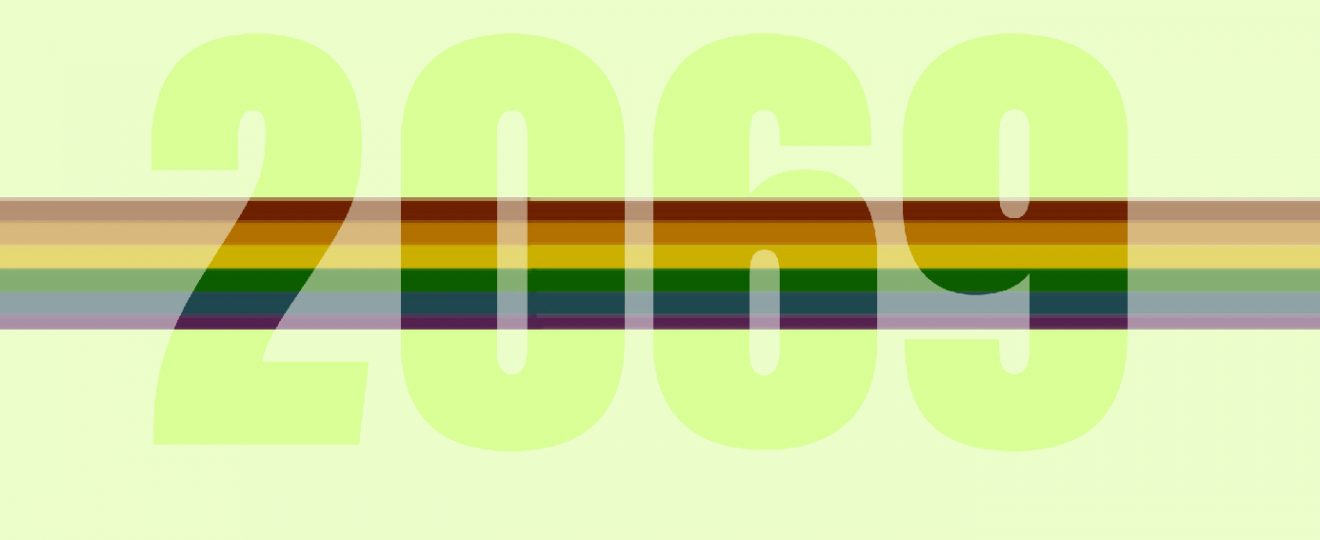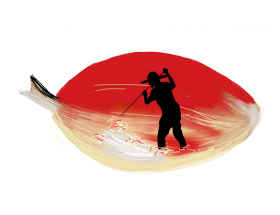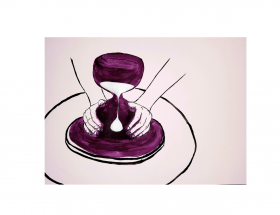Fifty years isn’t that long. It really isn’t. And I don’t mean on a universal scale, you know, on Carl Sagan’s whole “we’ve only existed for a handful of seconds in the cosmic calendar” shtick. I mean on actual human terms. A more than sizable portion of our leaders, both on the political arena (Trump, Pelosi, and the four leading candidates for the Democratic nomination in the US; Xi Jin Ping, Putin and Merkel elsewhere) and the entertainment industry (Ellen Degeneres, Jennifer Lopez, Quentin Tarantino) were born in or before 1969. It simply isn’t that long ago.
And yet five decades can usher so much change as to render society, in many ways, completely unrecognizable. A mild form of historic dissonance, if you will.
1969 represented a watershed moment in Queer History, a revolt against a murderous and repressive status quo, an open act of defiance whose romantic retelling often positions an African American drag queen at the vanguard of the revolt (the actual succession of the events is somewhat muddled and doubtful). Five decades later, a rather different African American drag queen has become a permanent staple of our pop culture, and queer existence (or at the very least, a commodified substitute consisting exclusively of abundant glitter and reliably ‘sassy’ one-liners) is mainstream enough to spark heated discussions about the damage that excessive corporate-powered assimilation entails. The progress made is as outstanding as it’s undeniable.
So, what comes next? What does the gay agenda’s to-do-list look like for the next five decades?
One can only speculate (making sweeping statements with complete self-confidence remains my eternal prerogative as a white guy). For one, it simply isn’t clear that the next five decades will represent steady progress. With alt-right parties surging on openly homophobic platforms (such as VOX, a Spanish polity that deems Pride parades an ‘ideological imposition’), falling levels of acceptance among some groups (as reported in a 2018 poll by GLAAD) and the emergence of a less queer-friendly dominant world power in Beijing, the 2020s could play out like a rerun of the decreasing acceptance of the 1930s. Alternatively, a general collapse of liberal democracy could have a similar effect. Even if none of that actually happens, if present trends continue it is far from certain that humanity as we currently know it will survive until 2069 in the face of nuclear and, climate threats. There might well be no evil homos left to teach kids all about zoophilia and invade opposite sex bathrooms by 2069 (both of those items are definitely on our agenda).
But let’s presume the world doesn’t collapse, and that LGBT rights continue to thrive across the globe. What could 2069 look like?
Well hopefully the basics would be covered. You know, the whole no-one-is-executed-for-being-into-twinks (a concept that, as of right now, roughly 10 countries seem incapable of grasping). Perhaps somewhere along the next 50 years, the number of countries outlawing homosexuality will be surpassed by those which have legalised same-sex marriage (the ratio currently stands at 72 to 28, depressing proof that that one IKEA ad with an interracial gay couple paints a limited picture of our society). If we could just manage to outlaw the dehumanising practice of inflicting self-loathing on kids who already have plenty of socially-inflicted self-loathing in a Quixotesque attempt to change their sexuality, that would be great (shout out to Mike Pence). Maybe even a couple basic anti-discrimination laws, just so that refusing to serve a gay couple is no longer viewed as a first amendment issue (would we even have this discussion if the whole ordeal was over an interracial couple?).
But let’s move beyond legislation. Society could change drastically- just look at the divergence between ‘accommodation and respectability’ queer discourse in the 20th century and our current outburst of gratifying queer irreverence. By 2069 respecting other’s pronouns (even if you are pained by the use of they/them because you have an irrational but heartfelt certainty that they are plural and hence incorrect) could be the norm. Our perceptions of gender roles could have shifted in the wake of an increase in female world leaders (just going to throw my support for Elizabeth Warren out there). Perhaps we will not only feel comfortable with women who present archetypically masculine characteristics (see: stereotypical troubled girl who isn’t like other girls because that would be bad and who enjoys smoking-gasp- and reading/videogames-louder gasp- instead) but with men, straight and gay, who are archetypically feminine. And with the falling importance of gender roles, a franker discussion of non-binary identities, an end to TERFs and a recognin that those who challenge our perceptions of gender by rejecting their assigned roles are doing more to abolish the concept itself than all their loud cisgender critics combined. Perhaps a society that is more willing to have frank discussions about what it finds sexually attractive and what it doesn’t, where everyone can fully embrace their fluid position on the Kinsey spectrum, where straight men aren’t terribly uncomfortable (at times deadly so) admitting their attraction to trans women.
Our entire existences could change.
I will never fully understand the pain of not knowing whether coming out would cost me my family or the uncertainty of having a lethal infection purge my community whilst the world turns its back on our God sent punishment. Perhaps queer teens in 2069 will never know what it means to hate their very voices and mannerisms, to police how they move, what they say and even how they laugh during the most confusing years of their lives. Perhaps ego-dystonic homosexuality, that constant, self-loathing tension between our desire to partake in a heteronormative society and our inability to do so will slowly fade away. Maybe teens in 2069 will never get to know what it means to truly hate yourself, even if just for a little while.
Five decades after Stonewall the LGBT community ought to be proud. Let’s just hope that the next five make us even prouder.
art by Quinn Fagersten




